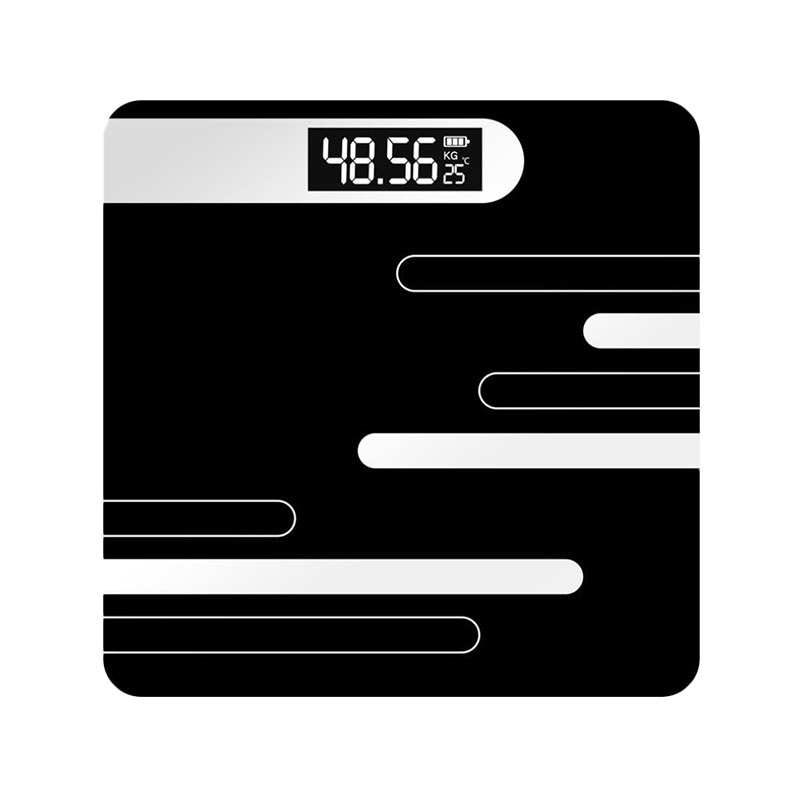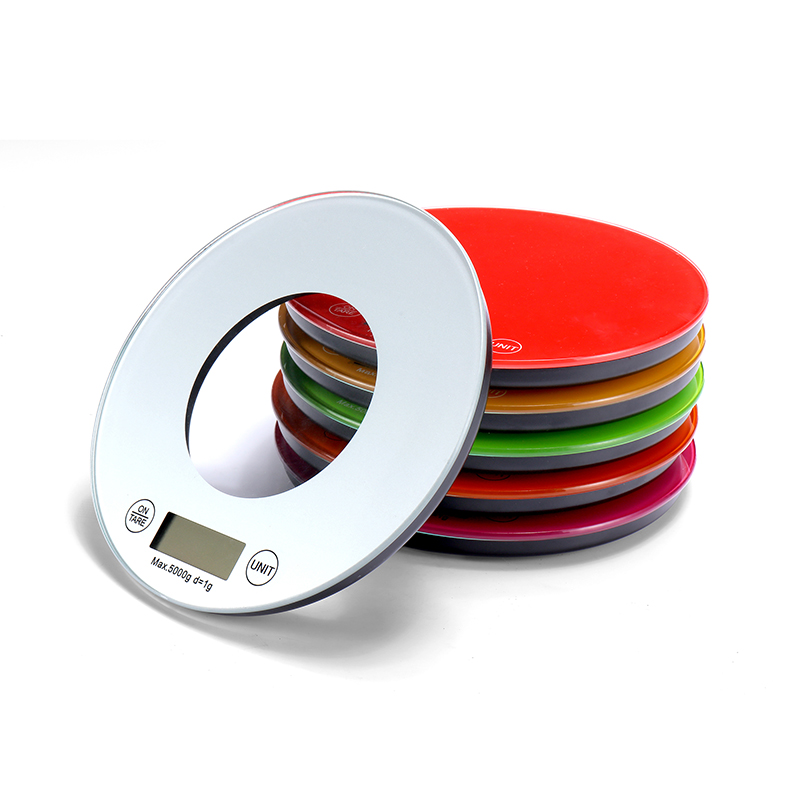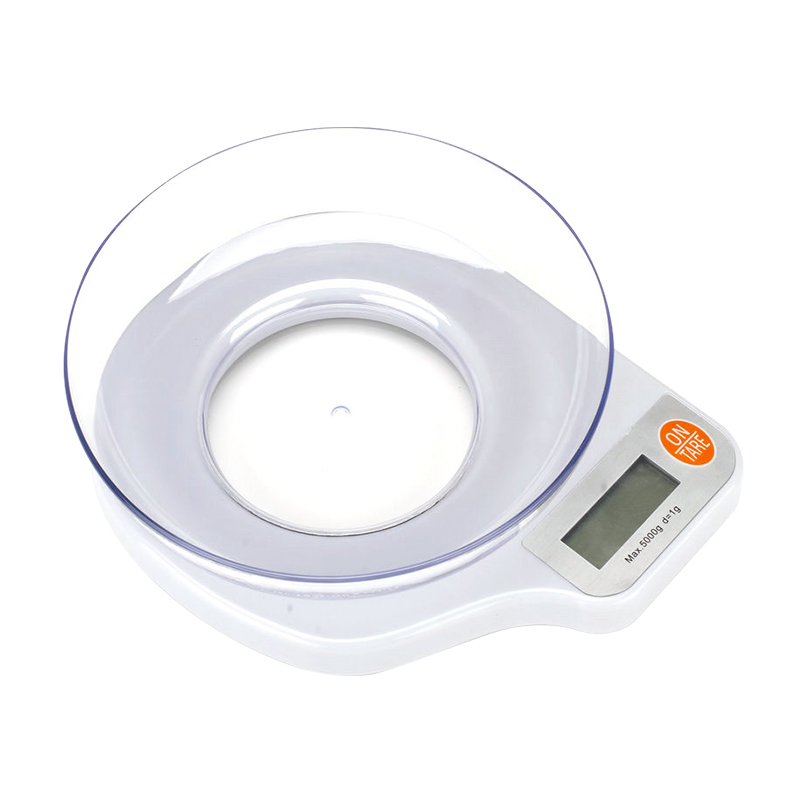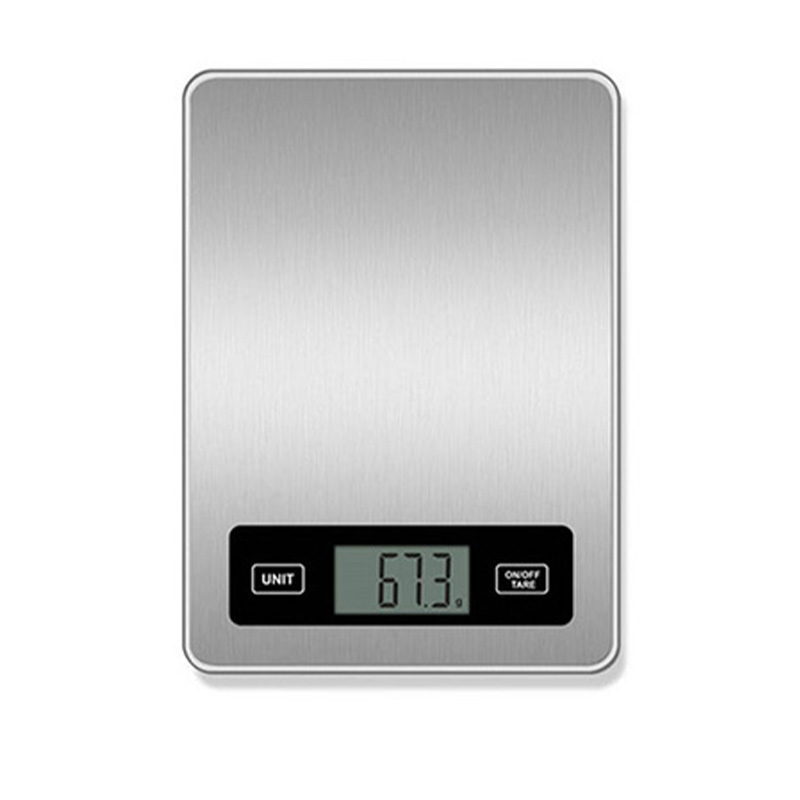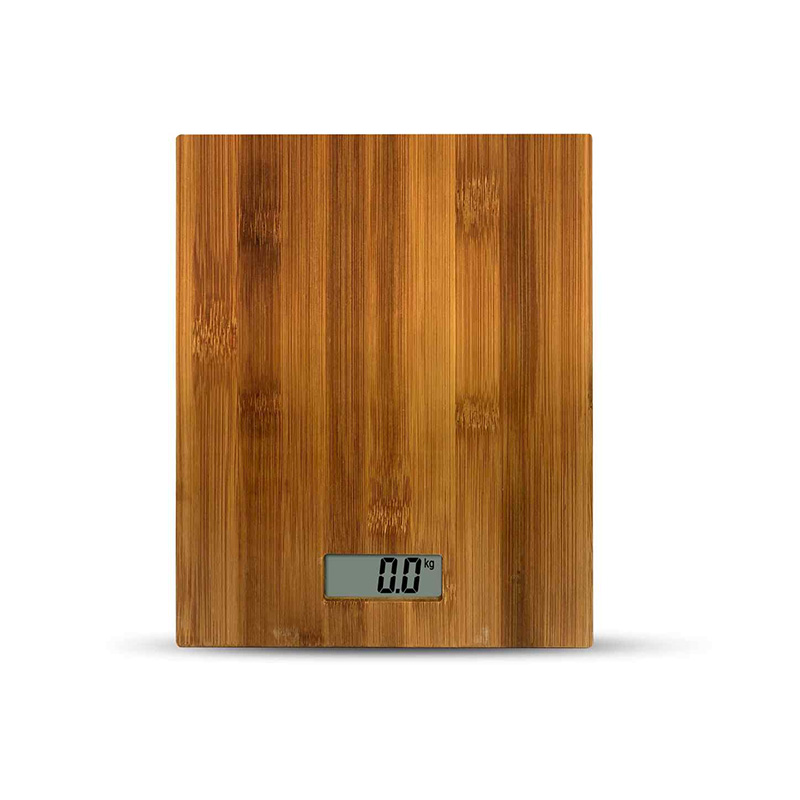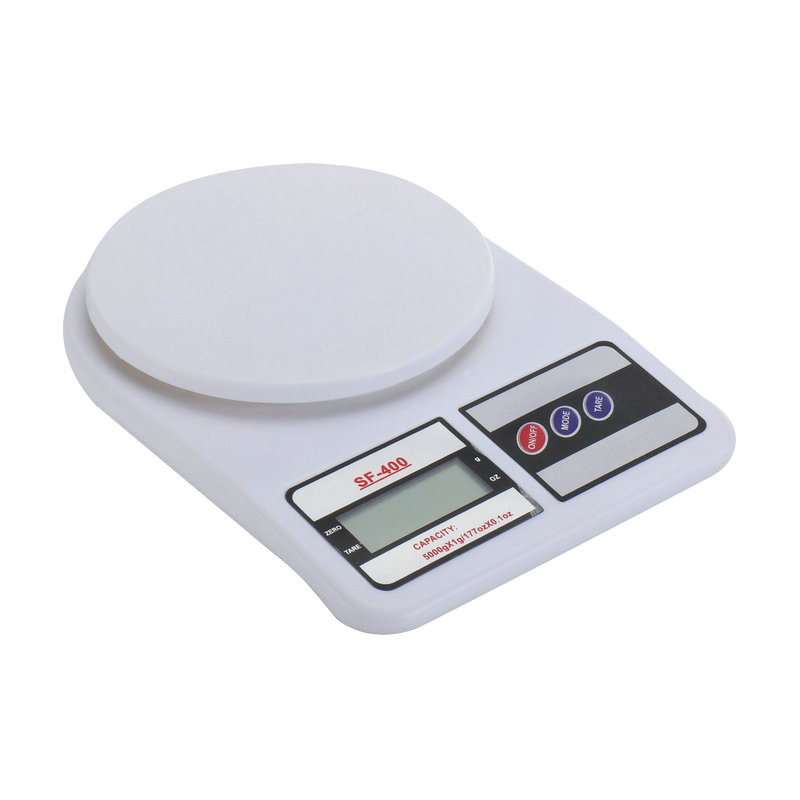In today's health-conscious world, the importance of precision and accuracy in measurements cannot be overstated. Digital scales have become indispensable tools in various aspects of our lives. Two common types of digital scales are the Digital Kitchen Scale and the Body Fat Scale. While these devices may seem similar due to their digital nature, they serve vastly different purposes and have unique features. In this article, we will explore the usage and distinctions between these two types of scales.
Digital Kitchen Scale:
Digital Kitchen Scales are versatile tools primarily designed for culinary applications. They help users measure the weight of ingredients with exceptional precision, making them essential for home cooks and professional chefs alike. Some key features and uses of Digital Kitchen Scales include:
1. Precision in Cooking:
These scales offer precise measurements in grams, ounces, pounds, and other units, ensuring accurate ingredient quantities for recipes. This accuracy is crucial for achieving consistent cooking results.
2. Portion Control:
Digital Kitchen Scales are invaluable for those conscious of portion sizes. They help individuals manage their dietary intake and monitor calorie consumption, contributing to healthier eating habits.
3. Tare Function:
Many Digital Kitchen Scales include a tare function, allowing users to measure ingredients in containers. This feature subtracts the container's weight, providing the accurate weight of the contents.
4. Baking and Nutrition:
Bakers rely on precise measurements to achieve the perfect consistency in their recipes. Nutrition enthusiasts use these scales to calculate macros accurately.
Body Fat Scale:
On the other hand, Body Fat Scales are designed with a focus on health and fitness. They provide more than just weight measurements; they analyze various aspects of body composition. Key features and uses of Body Fat Scales include:
1. Body Composition Analysis:
These scales use bioelectrical impedance to measure not only weight but also body fat percentage, muscle mass, bone density, and water content. This information helps individuals track their fitness progress.
2. Health Monitoring:
Body Fat Scales are useful for individuals looking to improve their health and fitness levels. They offer insights into changes in body composition, which can guide adjustments to exercise and diet routines.
3. Multiple User Profiles:
Many Body Fat Scales support multiple user profiles, making them suitable for families or shared spaces. Each user can track their individual progress.
4. Mobile Apps Integration:
Some modern Body Fat Scales can sync with mobile apps, allowing users to conveniently track their data, set goals, and access additional health insights.
Distinguishing Features:
It is evident that Digital Kitchen Scales and Body Fat Scales have unique features and purposes. While Digital Kitchen Scales focus on precision in culinary endeavors, Body Fat Scales provide a comprehensive view of one's health and fitness status.
In conclusion, Digital Kitchen Scales and Body Fat Scales are valuable tools for different aspects of our lives. Understanding their distinct functions is essential to make the most of each device. Whether you're a cooking enthusiast or someone dedicated to improving their health and fitness, these digital scales can contribute significantly to your goals. So, the next time you step on a digital scale, be sure it's the right one for your specific needs.

 0
0
 EN
EN  English
English 中文简体
中文简体 Português
Português

